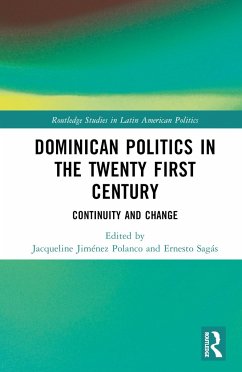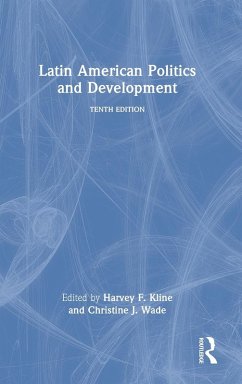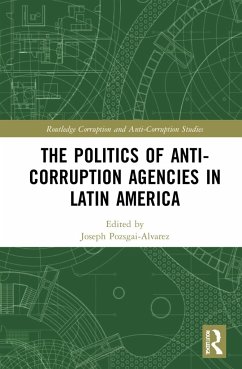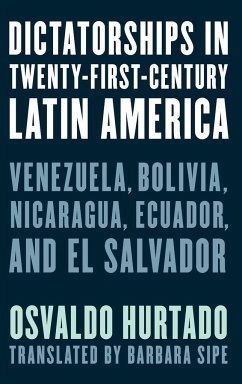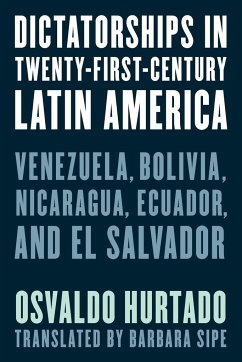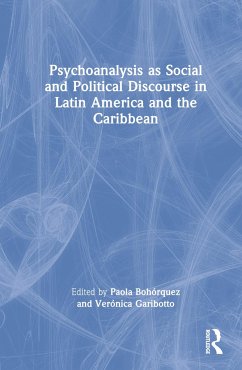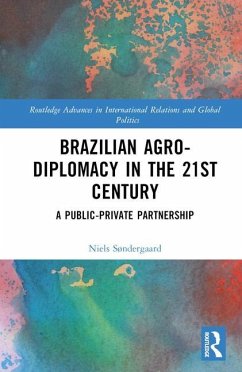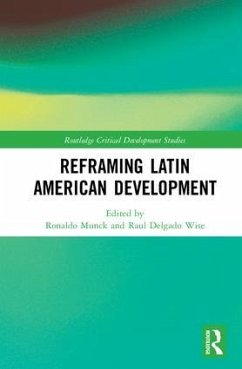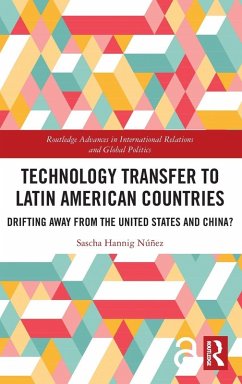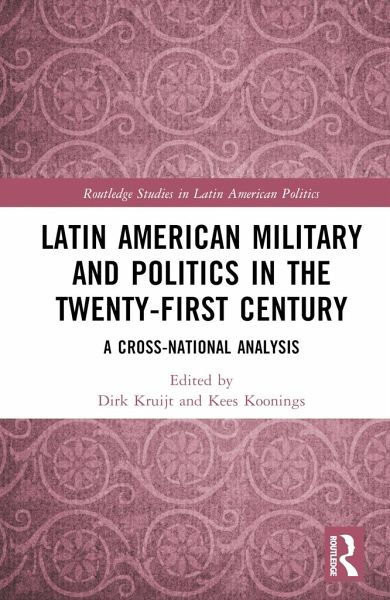
Latin American Military and Politics in the Twenty-first Century
A Cross-National Analysis
Herausgeber: Kruijt, Dirk; Koonings, Kees
Versandkostenfrei!
Versandfertig in 1-2 Wochen
168,99 €
inkl. MwSt.

PAYBACK Punkte
84 °P sammeln!
This volume offers a comparative analysis of the role of the military in Latin America in domestic politics and governance after 2000. Divided into four parts covering the entirety of Latin America, the book argues that the Latin American military as semi-autonomous political actors have not faded away since 2000 and may even have been making a comeback in various countries. Each part outlines scenarios which effectively frame the various pathways taken to post-military democratic society. Part 1 critically examines textbook cases of political demilitarization in the Southern Cone, Peru, and C...
This volume offers a comparative analysis of the role of the military in Latin America in domestic politics and governance after 2000. Divided into four parts covering the entirety of Latin America, the book argues that the Latin American military as semi-autonomous political actors have not faded away since 2000 and may even have been making a comeback in various countries. Each part outlines scenarios which effectively frame the various pathways taken to post-military democratic society. Part 1 critically examines textbook cases of political demilitarization in the Southern Cone, Peru, and Costa Rica. Part 2 contrasts the role of the military in the post-2000 politics of two regional powers: Brazil and Mexico. Part 3 examines the political role of the military facing 'violent pluralism' in Colombia and the Northern triangle of Central America. Finally, Part 4 identifies country cases in which the military have been instrumental in the rise, sustenance, and occasional demise of left wing revolutionary projects within Venezuela, Cuba, Nicaragua, and Bolivia. Latin American Military and Politics in the Twenty-First Century will be of interest to scholars, students and professionals in the fields of Latin American history, international relations, military studies and studies concerning democracy, political violence and revolution in Latin America elsewhere.



